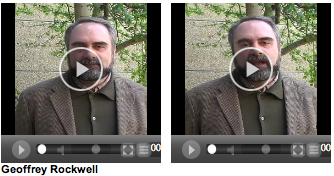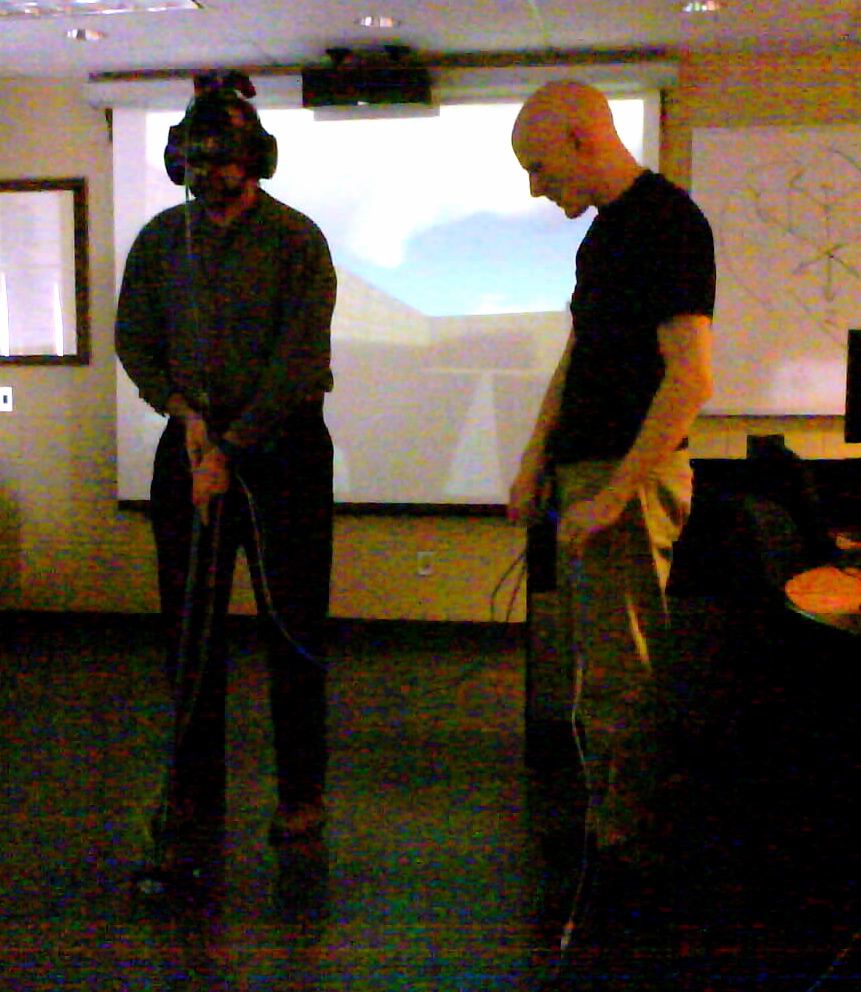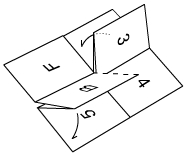 Carnegie Mellon is going global with their Masters in Entertainment Technology program. They have a campus in Adelaide, Australia and are adding new ones in Japan and Singapore. The High Concept is project based learning where people from an arts or technology background learn to work together and deepen their understanding of entertainment technology. It has the virtue of weaving arts and computing students together rather than segregating them.
Carnegie Mellon is going global with their Masters in Entertainment Technology program. They have a campus in Adelaide, Australia and are adding new ones in Japan and Singapore. The High Concept is project based learning where people from an arts or technology background learn to work together and deepen their understanding of entertainment technology. It has the virtue of weaving arts and computing students together rather than segregating them.
The “high concept†behind both the Entertainment Technology Center and the Masters in Entertainment Technology degree is that we are based on the principle of having technologists and non-technologists work together on projects that produce artifacts that are intended to entertain, inform, inspire, or otherwise affect an audience/guest/player/participant. The masters degree is focused on extensive semester-long project courses. This focus allows us to tackle the much larger challenge of effectively bringing together students and researchers from different disciplines.
We do not intend to take artists and turn them into engineers, or vice-versa. While some students will be able to achieve mastery in both areas, it is not our intention to have our students master “the other side.†Instead, we intend for a typical student in this program to enter with mastery/training in a specific area and spend his or her two years at Carnegie Mellon learning the vocabulary, values, and working patterns of the other culture.
Is global programs simultaneously offered in different regions an answer to distance education? After all it is cheaper for instructors to move than students. Could faculty find they are part of multi-university programs instead of affiliated with one university?
The site also has a good list of similar programs elsewhere, which I think is generous. More programs should be honest about the alternatives.
 As of July 1st I am in the Department of Philosophy of the University of Alberta. I will be teaching mostly in the MA in Humanities Computing. My new contact information is:
As of July 1st I am in the Department of Philosophy of the University of Alberta. I will be teaching mostly in the MA in Humanities Computing. My new contact information is:

 Carnegie Mellon is going global with their
Carnegie Mellon is going global with their 